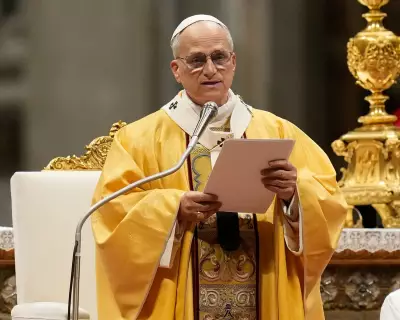
Major GCSE Overhaul Scheduled for 2029 Despite Calls for Faster Implementation
Current primary school students in their final year, aged 10 and 11, are set to become the first cohort to experience completely refreshed GCSE courses when they sit their exams in 2029. This timeline follows the government's acceptance of most recommendations from the recent Francis review on the curriculum, though changes to the national curriculum will take effect a year earlier in 2028.
Gradual Approach Raises Questions About Momentum
Education Secretary Bridget Phillipson has endorsed the review's findings, but the delayed implementation means the reforms won't take full effect until after the next general election. The government has taken a cautious approach, also postponing its white paper on special educational needs until next year to allow for further consultation.
While the gradual timeline aims to address concerns about teacher workload and morale, many education experts question whether some proposed changes could be introduced sooner. The review panel specifically recommended exploring whether exam boards could trim exam timings before the full qualification relaunch and whether schools could immediately begin trialling enhanced focus on oracy and speaking skills alongside traditional reading and listening components.
Opportunities for Early Adoption and Teacher Autonomy
Ministers are being urged to encourage schools enthusiastic about implementing changes ahead of the formal adoption schedule. Media literacy represents one area where immediate action seems particularly pressing, given children's constant exposure to online material and rapid technological evolution.
The government faces additional challenges in developing new modular qualifications in maths and English, alongside fleshing out proposed "V-levels." With nearly one million young people aged 16-24 currently outside education, employment, or training, creating accessible pathways for this group requires urgent attention.
Despite these planned reforms, critics note significant gaps in the review's scope, including ongoing debates about A-level breadth and primary schools' reliance on phonics for reading instruction. More fundamentally, questions persist about why the Labour party didn't develop more ambitious education plans during their 14 years in opposition, given that groundwork for such substantial changes ideally should have been completed before last year's election.





